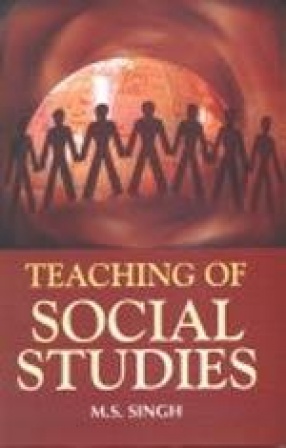This book presents the field of social studies with an up-to-date discussion of its most important developments and persisting issues. Like many other fields, social studies is a vast and complicated subject full of problems and inconsistencies to which experience alone can give full meaning. To the new teacher and the uninitiated, social studies may seem confusing and fragmented, leaving teachers rudderless in steering a course through its reefs and shoals. This book offers an overall framework that can act as a guide for setting objectives, devising lessons and choosing classroom strategies. We have also offered assistance in constructing tests and planning lessons, units and courses for some of the field’s most popular and widespread programs. Throughout, all aspects of curriculum and instruction are viewed from a tripartite perspective that divides the world of social studies into didactic, reflective and affective components. We have used didactic, reflective and affective to stand for the lower (factual), middle (analytical), and upper (judgmental) ranges of thinking, decision making, and feeling, allowing each about a third of classroom time. The three levels are seen as supporting one another rather than acting in opposition. The greatest need is for social studies professionals who can balance goals so that students obtain necessary knowledge, are given time for adequate discussions of data and are asked to probe their own feelings and those of others on the important issues of our time, ultimately taking a stand that they are willing and able to defend. It is the teacher’s job to give students the knowledge and skills needed to prepare a solid defense for their views, decisions and actions.
Self-Financing in Higher Education: Prospects and Retrospects
This project is an attempt ...
$27.90
$31.00








There are no reviews yet.